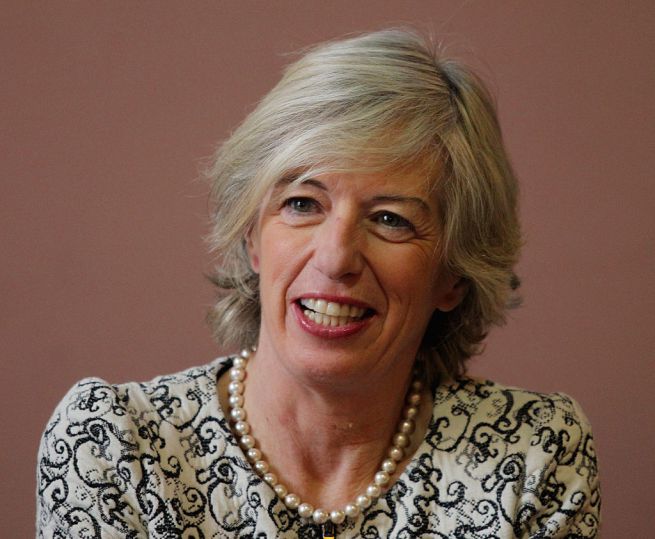Education key in managing migration and displacement -UN

By Fauxile Kibet
NAIROBI: Countries have been challenged to adopt education as a means of managing migration and displacement and offering those in need a second chance.
United Nations Educational, Scientific and Cultural Organization (UNESCO) Assistant Director General for Education Ms.Stefania Gianini said that education is a human right and a transformation force for poverty eradication, sustainability and peace.
Giaini who spoke at the launch of the 2019 Global Education Monitoring (GEM) Report in Nairobi Kenya, observed that education was a basic right guaranteed to all.
“Education is not only a moral obligation but also a practical solution to the many ripples caused by moving populations. It must always be a key in mitigation,” Gianini asserted.
The report shows that aid to education had in 2016 reached the highest level since records began in 2002 compared to 2015 when it grew by $1.5 billion (13 per cent) to reach $13.4 billion.
The GEM study sought to examine the education impact of migration and displacement across all population movements within and across borders alongside review of progress on education in the 2030 Agenda for Sustainable Development.
UNESCO’s figures reveal that 263 million children, youth and adolescents, aged between 6 and 17 years, are not in school presently and progression through the school system continues to be a significant challenge in many countries.
Additionally, availability of educational facilities and provisions does not equate with ensuring the inclusion of all children in the learning process.
The GEM report themed “migration, displacement and education, building bridges not walls,” underscores the huge potential and opportunities of ensuring that migrants and displaced persons have access to quality education.
Kenya’s Education Cabinet Secretary Amb. Amina Mohammed called for inclusion of immigrants without any prejudice, observing that it is important for global cohesion.
The CS however, agreed that inclusion has not been fully achieved despite a commitment to it, observing that refugees may share the host country‘s curriculum, assessment and language of instruction but be only partially included in its geographical separation as in camps in Kenya.
“Education can be a bridge and should always be a key part of response to migration and displacement to avoid creating marginalisation and frustration,” said the CS.
She further called for equitable and predictable psychological social support for teachers to enable them deal with overcrowded, mixed age and multi lingual classrooms.